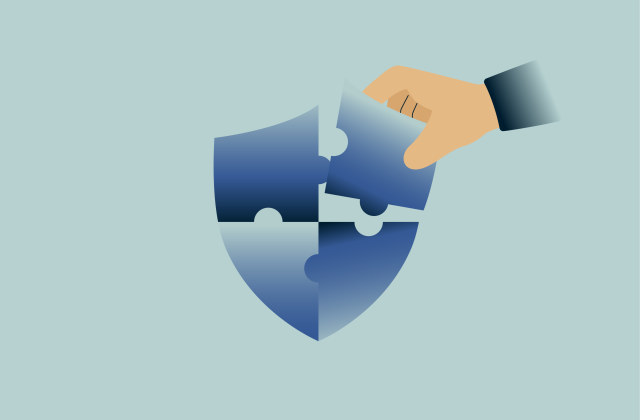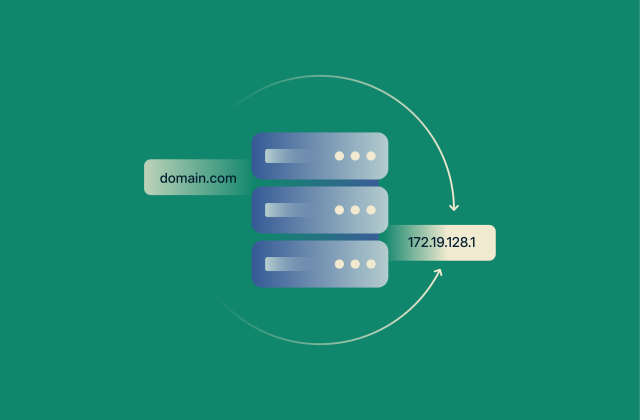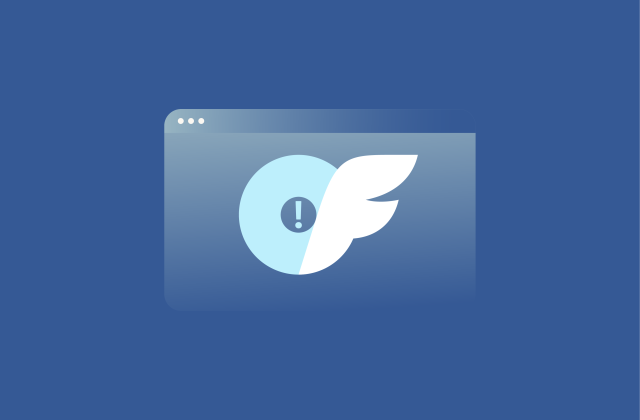Blog de ExpressVPN
Encuentre aquí las noticias de privacidad más recientes, guías y las novedades de nuestra VPN
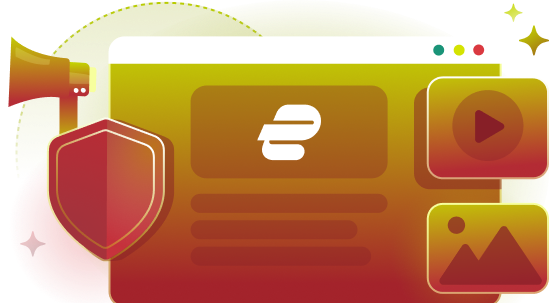
Publicaciones más recientes
-
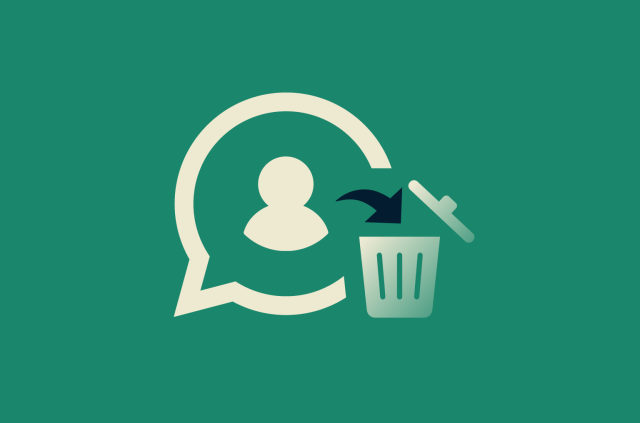
Cómo eliminar tu cuenta de WhatsApp (guía paso a paso)
Tal vez hayas tomado la decisión de dejar WhatsApp definitivamente o quizás solo quieras tomarte un descanso de la aplicación, pero sea cual sea el motivo, eliminar una cuenta es un proceso relativ...
-

Cifrado de extremo a extremo en WhatsApp (guía 2026)
WhatsApp protege todas las conversaciones personales, las llamadas, las fotos y los vídeos con un cifrado de extremo a extremo. Así pues, solo tú y la persona con la que hables tendréis las claves...
-

Ataques DoS vs. DDoS: Diferencias clave y cómo protegerte
¿Alguna vez has oído hablar de los términos "DoS" y "DDoS" cuando se habla de ciberataques? Suenan parecido (y lo son), pero hay una diferencia importante que puede marcar la diferencia entre una m...
Destacado
Ver todoVideo destacado
-
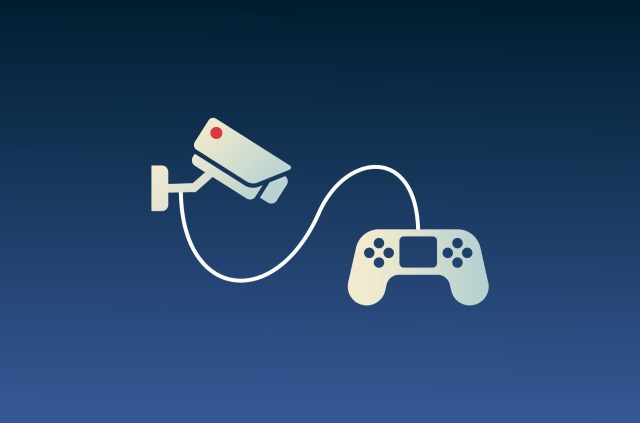
10 videojuegos sobre privacidad
https://www.youtube.com/watch?v=7uOfHGT5p4w Si le gustan los juegos online y le interesa la privacidad, eche un vistazo a estos videojuegos con piratería informática, ciberseguridad y vigilan...
